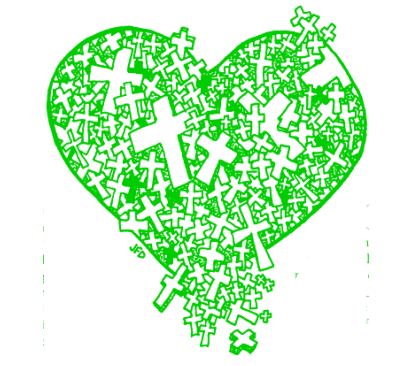
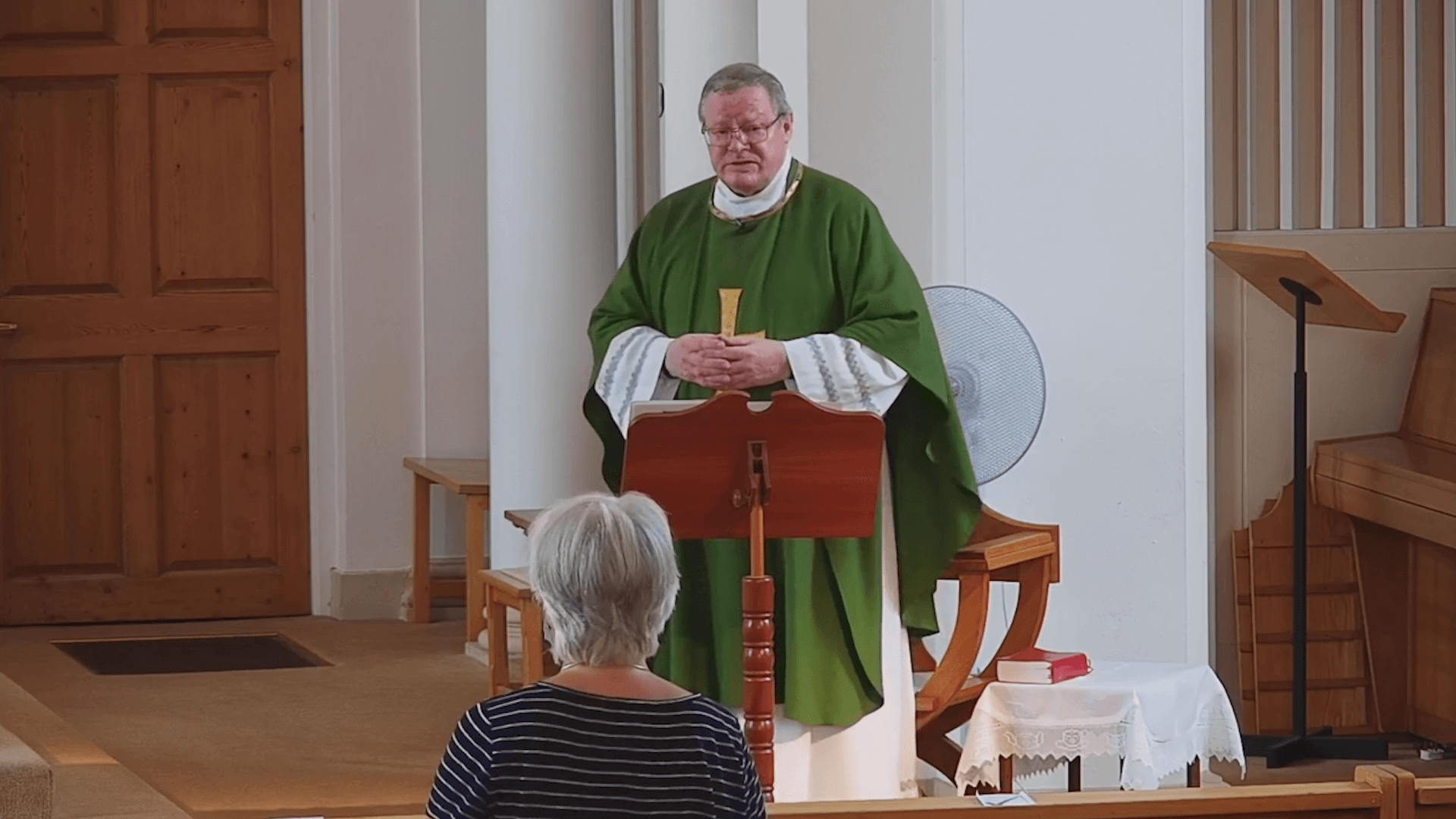
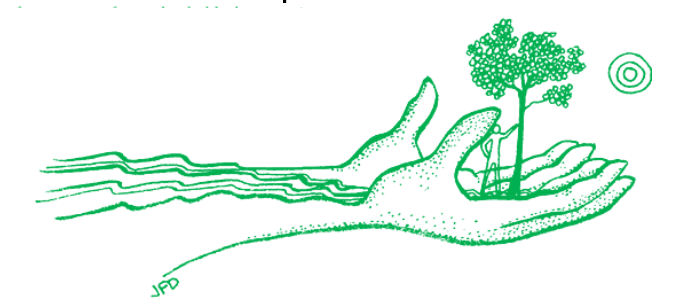

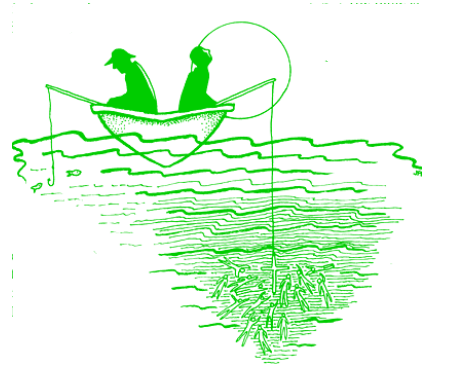

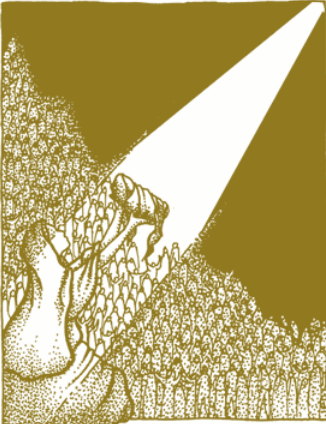

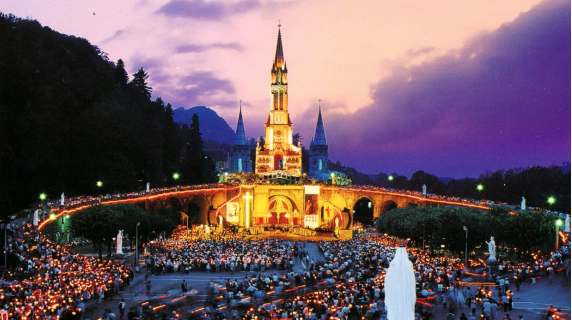
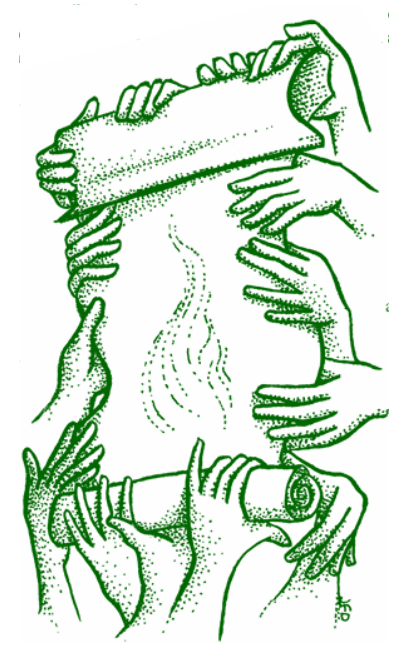
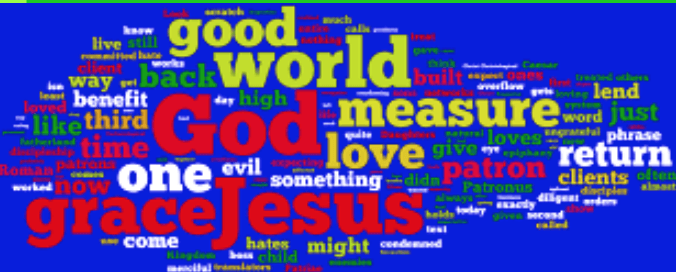
Shortly after the 1989 murder in San Salvador of six Jesuits and their housekeeper and her daughter, the theologian Jon Sobrino, spoke in London about the tragedy. As a member of the same community, he would also have been killed except for the fact that he was lecturing elsewhere on that tragic day. During his talk, he described his experience at a celebration of All Saints Day in a Salvadoran refuge. Around the altar were cards with the names of deceased family members and friends of those in the refuge. Since they were not allowed to go to the cemetery to put flowers on the graves, they had painted flowers around the names. One card with no flowers read: “Our dead enemies.” At the conclusion of the Eucharist, an old man explained to Jon: “as we are Christians, you know, we believe that our enemies should be on the altar, too. They are our brothers, in spite of the fact that they kill and murder us.”
To love our enemies is surely hard, unreasonable, yet it is also the most radical obedience that Jesus asks one of his disciples as he continues his Sermon on the Plain. To love our enemies who victimise us makes us no longer victims; we become free people whose behaviour is determined by no one else - except the Christ of whom we are disciples.
In Man’s Search for Meaning, Victor Frankl, the Austrian Jewish psychiatrist imprisoned in the Nazi death camps, wrote about “the last of human freedoms,” the ability “to choose one’s attitude to a given set of circumstances.” It was this ultimate freedom that had helped and others to survive even the most inhuman of situations. To love and not hate, to bless and not curse, to be generous and not demanding, to be compassionate and not self-centred - the choice is always there. For Christians, the strength to make such a choice depends on neither psychiatric theory nor theology (although both can support it); it is simple and demanding as the words of the Salvadoran refugee: “As we are Christians . . .”
This is the good news that, paradoxically, seems such “bad news.” “Bad” because it goes against our spontaneous inclinations to give as good as we get from those who are our enemies, and we all have them! It is good news “to you who hear,” because it is the word of Jesus. It is not hypocritical morality, but realistic Christian challenge to people who know what it is like to be slapped down, psychologically if not physically, whose generosity can be abused, and who find it difficult to extend love beyond friends, admirers, or benefactors.









